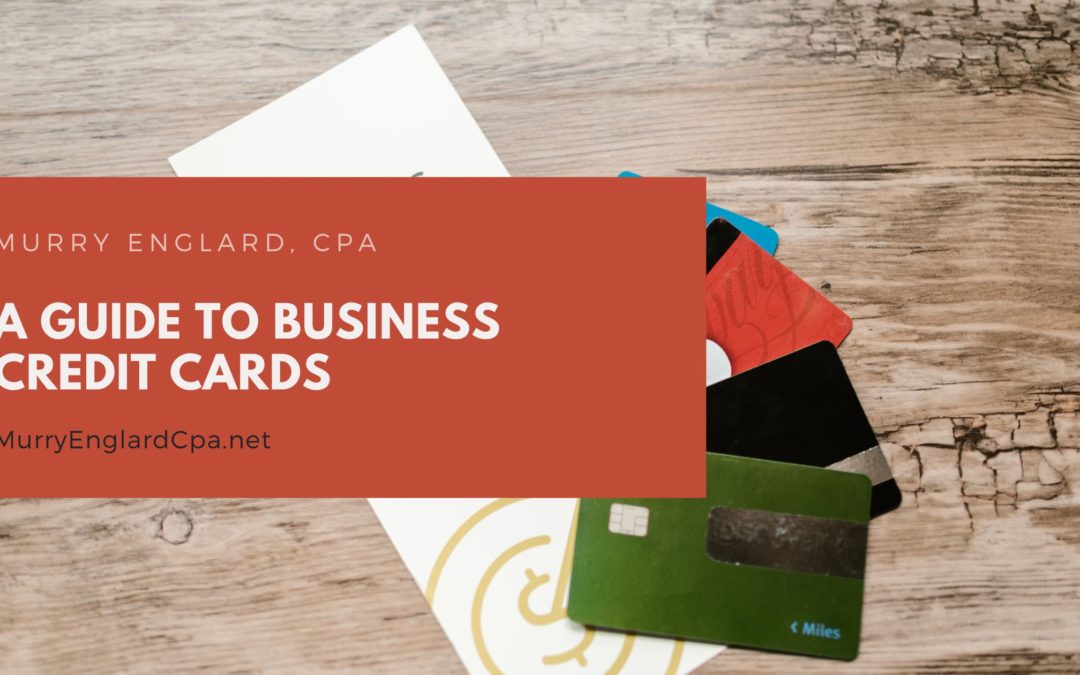While business credit cards can be helpful in many purchases, such as office furniture, equipment, and manufacturing materials, they should be considered different from personal credit cards. Some of the features found on business cards differ from those on individual accounts.
What is a Business Credit Card?
A business credit card can be issued to anyone who owns a company.
Usually, businesses use credit cards for the purchase of office furniture, travel, and supplies. Some business cards have specific conditions that prevent individuals from using these cards to make personal purchases.
What’s the difference between a personal credit card?
Americans generally have credit histories and credit scores. A business credit card can help build a company’s credit history, which banks and other financial institutions will look into if an owner ever applies for a loan.
Card issuers also check the business and personal credit histories to determine if an individual should be approved for a credit card.
A secured business card can be a good option for small businesses or sole proprietors needing a credit history.
Do I need to Incorporate?
Individuals working as sole proprietors, partnerships, or freelancers can still benefit from a business credit card. Regardless of their structure, all businesses are not required to be registered or incorporated to receive credit.
However, business owners not registered or incorporated should be aware of their liability for any debts incurred using their company cards.
Liability
Besides the card protections, various debt liabilities are associated with business cards. These include joint and commercial liability. Commercial liability is a type of debt related to business cards for corporations and large businesses. This means that the card issuer is liable for any debts a creditor might encounter. The card issuer and the individual who uses it are responsible for debts incurred by the business.
Rewards
A business card can also provide various perks, such as cashback, travel rewards, and welcome bonuses. Some may even give small businesses a short-term financing option for large purchases.
Before choosing a business card, it’s essential to analyze the card’s rewards program and how it can help build a good credit history. In addition, purchase protections, such as extended warranties, can help small businesses buy new furniture or equipment.
Higher Credit Limit
Due to the more significant expenses that small businesses face, they typically have higher credit limits than regular consumers. The card issuer will determine the card’s limit based on the individual’s credit history and application.
Employee Cards
For many businesses, most credit card issuers allow employees to use their cards for business transactions. Some charge a fee for each card, while others provide free cards for workers.
With a business card, the primary cardholder can set spending limits and monitor the activity of the other employees.
Payment Terms
Issuers understand that many businesses need more cash to spend on large purchases, which is why they often provide extended payment plans that allow the cardholder to finance the purchase.
The terms of a payment arrangement for a business card can vary depending on the issuer.
Finally
Although business cards have many similarities to personal credit cards, they have distinct advantages for small businesses. These cards can help build a company’s credit, finance large purchases, and earn rewards.
